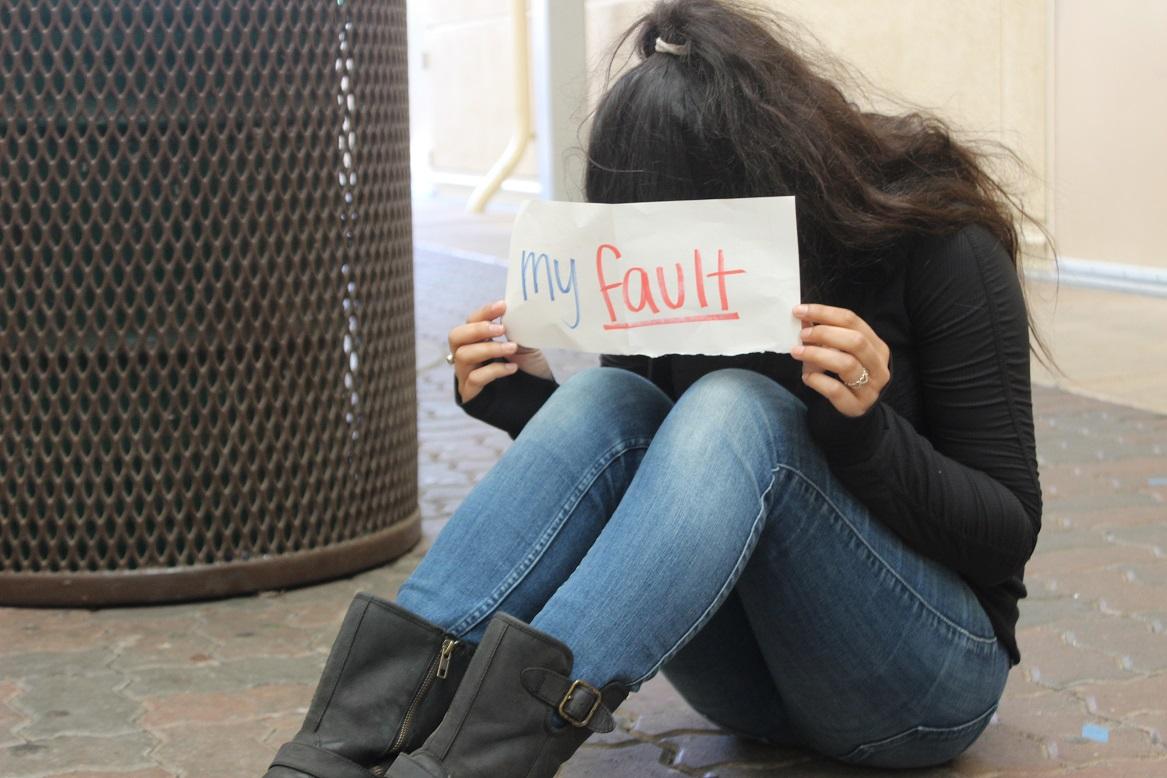It’s around four in the morning as she lays awake staring mindlessly at the ceiling. Despite being engulfed in the warmth of her bed, she feels nothing except for the numbness in her heart.
Whenever she closes her eyes, her ears fill with the calming laughter of her best friend. It’s been two months since the accident, yet she can still feel the impact of the other car slamming into them.
She can still hear the screams and glass shattering as if it was yesterday.
The only evidence of the horror is a deep scar on her left forearm.
The same question has been running through her head for the past two months, “Why me?”
She walked away from the accident with only a little scratch, while her best friend lost her life.
Each day she feels the guilt of surviving and wishes she was the one who had died.
According to the National Library of Medicine, survivor’s guilt is a mental condition that occurs when a person has feelings of guilt and perceives him or herself to have done wrong by surviving a traumatic event when others did not.
“I haven’t come across a lot of students that have really displayed survivor guilt, but I do believe that it’s an issue that needs to be taken seriously. Survivor guilt can [stem] from post traumatic stress disorder (PTSD) and have a detrimental mental effect on the person suffering from it,” said crisis counselor and Students Offering Support (SOS) coordinator, Shelly Bustamante.
According to Anxiety and Depression Association of America (ADAA), an estimated eight percent of the population suffers from PTSD attributed to a traumatic experience, totaling in about 24.4 million Americans.
Survivor guilt is not only limited to those who have “escaped” death, but is also experienced by war veterans, rescue workers, transplant recipients, or chronic illness.
“When a person survives a traumatic incident in which others died, especially loved one, it’s common to feel guilty for living. Survivor guilt can be an immediate response to a tragedy, and the extent of the feelings depends on the individual,” said Virginia Tech psychologist Russell Jones in a recent interview with CNN.
According to a recent Virginia Tech study, those who experience survivor guilt often feel unworthy to have survived, and in the early stages of grief, begin idealizing the deceased, which make them feel even less deserving.
“When someone begins exhibiting signs of survivor guilt, the best thing to do is have them seek professional help so that they can work through their trauma in a healthy way,” said Bustamante.
Despite the negative aspects of which survivor guilt stems from, it can be used to guide victims through their healing process by seeking help and learning how to cope appropriately.
Junior Claudia Meza said, “It’s sad that someone would feel guilt for living because the event was out of their control. I think it’s important that people who [have gone] through traumatic experiences to know that it’s not their fault, and that they have a support system with people they trust and can turn to. [There are people who can] help them find the closure they deserve.”



